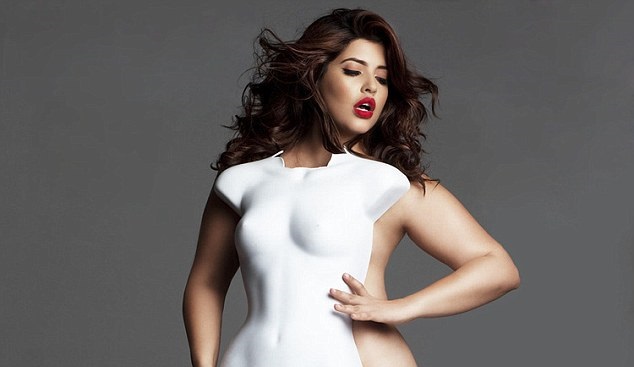by Christal Jordan: Edited to Perfection has become the norm for not just the magazine publishing industry but everyone living in an Instagram world. As a noted Publicist, Christal Jordan has an inside perspective of how body image is a fixation of the entertainment industry. The recent Ebony Magazine cover and Body issue sent her down memory lane as she ponders if the Ebony move & could be a beginning of the death of photo-shopped perfectionism.
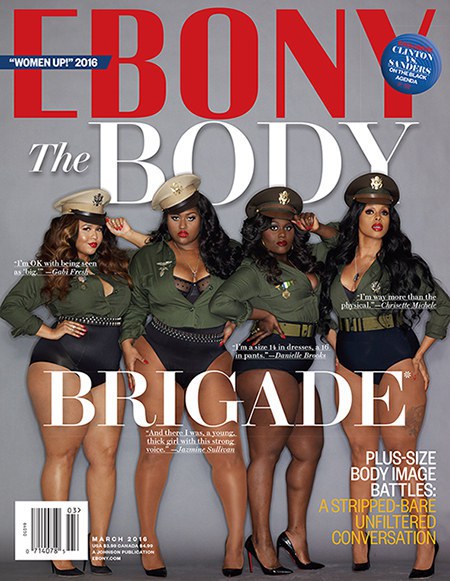
This Ebony Magazine cover instantly took me back to a life-changing
conference call during my first year in the business as an independent
publicist in 2006. “She is 175 lbs. and she needs to be closer to
125lbs. for us to shoot this album package. We can’t shoot her at this
weight.” I would never forget the conversation as label execs
discussed a new artist. The artist had recently given birth and was
working feverishly to lose weight and placate her record label, but it
wasn’t happening fast enough. After her manager assured the label she
was on a strict diet and exercise routine and would meet the deadline,
they moved onto the subject of image. References were then made about
other women who fit the image most closely related to what they
predicted for the artist we discussed.
I remember feeling conflicted because as a young mother myself, I was
participating in a conversation about this young woman as if she was an
object and not a real live breathing human being. Her features and
weight were discussed as attributes that determined her marketability;
it didn’t matter that she was a great artist with amazing vocals and
great stage presence. Those factors were irrelevant as we sat
discussing the how to promote her project. I was reminded that no matter
how many hurdles we climb or how smart we prove ourselves to be, more
often than not in the world of entertainment women are regulated to
objects. I participated in the conversation, as I’d been taught how to
create the perfect illusion of beauty in order to encourage a favorable
rating with the public, but later that night as I looked at my daughter
and I remembered she could one day be looking to this artist as a role
model, I had to force myself to swallow any residue of guilt or
hypocrisy I felt about my participation. It wouldn’t be the last time
I’d feel that way, but over the course of my career it got easier.
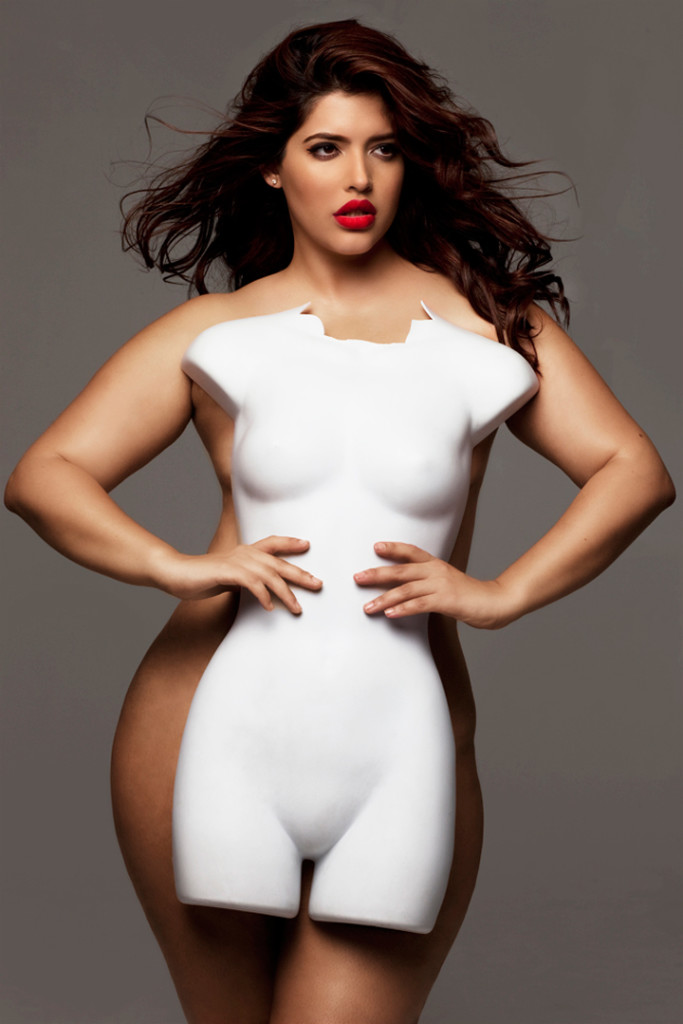
For female talent the industry has one rule; she must be a woman that
men desire sexually and women want to emulate. That is the combination
that defines success. It’s a formula you can apply to most successful
female actors, artists, musicians etc. Its repeated in crass terms
during artist showcases and talent auditions. If you bring a female
artist in the room and there is no physical reaction from men, you
probably don’t have a “star” on your hands. The industry standard
of beauty is exclusive and doesn’t allow for error. I became numb to
the constant conversations with new artists on weight and imaging. Photo
shoots were artists talked about egg whites and spinach and shrieking at
the mention of a carbohydrate. Artists were congratulated the thinner
they became and it correlated to their image being referred to as
“sexier”. The old adage that one could never be too thin or too
rich is still very relevant. Super thin actresses Photo shoots and
video sets were some of the most stressful places to be. I recall being
on set with a popular artist almost six months after she’d given birth
and the photographer nearly walked off set because her body hadn’t
“snapped back”.
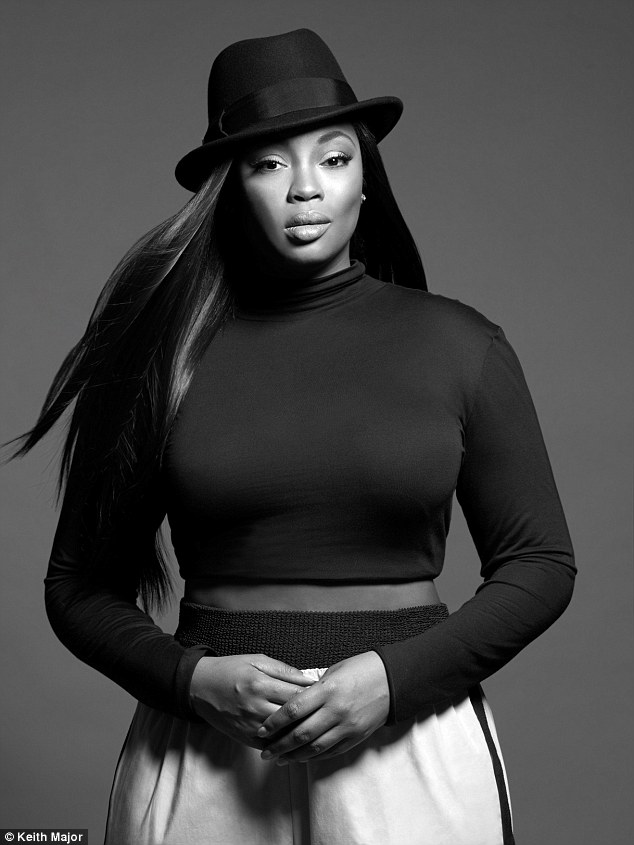
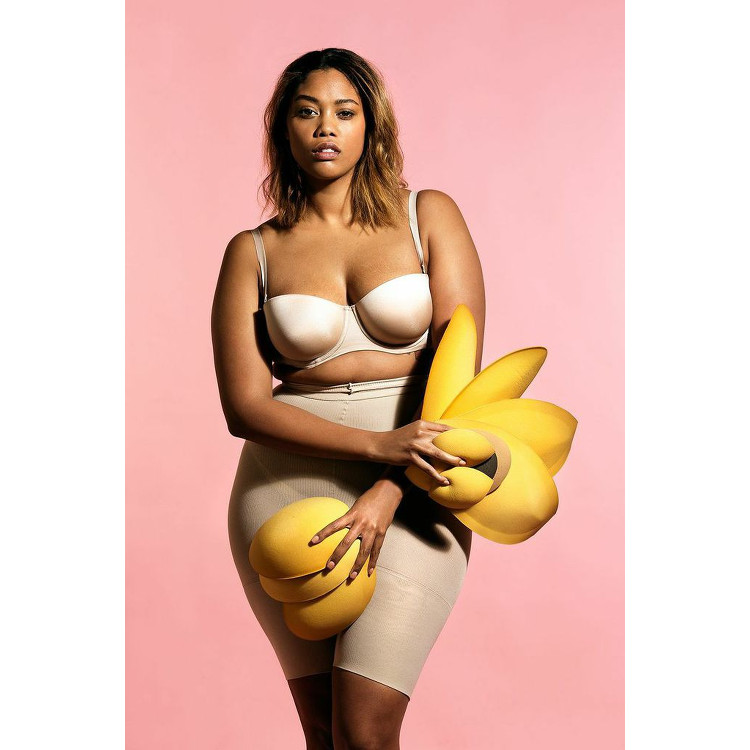
The photographer was frustrated because he knew he
wouldn’t be able to deliver the images the label wanted. Another time a stylist lamented their job because the talent simply didn’t fit thesample sizes that allowed for her to be in the latest fashions before the looks hit the store. Other shoots I watched as photographers
manipulated waistlines, backsides and yes skin tone until the subject
was almost unrecognizable but painfully beautiful; edited to perfection. I noticed a strange shift was happening last year when Sports Illustrated shook up their audience by placing Robyn Lawley on their coveted cover, and I loved the reception Crystal Renn’s book Hungry received as
an introspective look into the modeling industry. Even Mattel finally relinquished Barbie’s unrealistic image and shortened her legs and widened her waist, hoping to atone for decades of young girls trying to achieve the impossible. African American culture is much more complicated.. While recent numbers from the CDC show that a whopping 82%
of African American women are overweight compared to 63.2% of our
Caucasian counterparts and 77% of Hispanics, we are also much slower to
adapt to change.
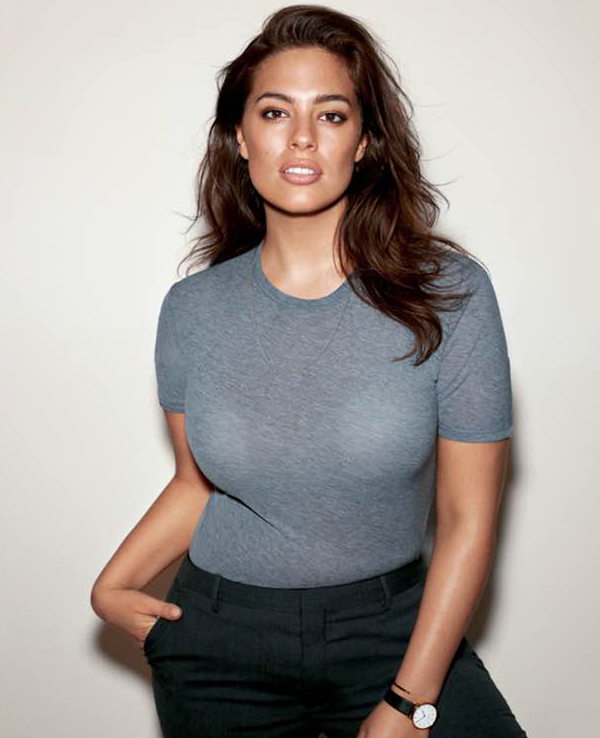
For Ebony Magazine to feature singers Chrisette
Michelle and Jazmine Sullivan along with designer/blogger Gabi Greg and actress Danielle Brooks on the cover was monumental. These recent covers
could be a sign that the industry may indeed be transitioning and
acceptance could be forthcoming. In order for that to happen, this
embracing of the everyday woman and her would “everyday body” would need to be based in something bigger than shock value and a “hot
topic”. As someone who has contributed to body shaming and feels the
hypocrisy in her own life, I would welcome the change. As a mother and
godmother of two beautiful African American young women, I would love to
see images that resemble them in media. I also believe the celebrities
that we love to glorify when they resemble our version of perfection and
later crucify when they don’t live up to the unbelievable restrictions
it takes to consistently emulate that standard would fare better later
in their careers.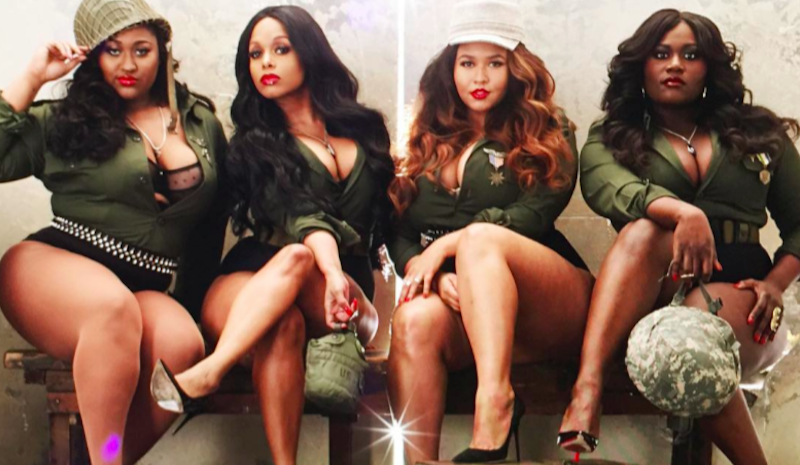 Only time will reveal if this attitude will be long-standing or if it’s the latest craze. Either way, Kudos to Ebony and Sports Illustrated and most importantly to Barbie.
Only time will reveal if this attitude will be long-standing or if it’s the latest craze. Either way, Kudos to Ebony and Sports Illustrated and most importantly to Barbie.
written by Christal Jordan
Christal Jordan is a Journalist and the President/ COO of Enchanted Branding & Public Relations FOLLOW her on twitter at @ENCHANTEDPR
